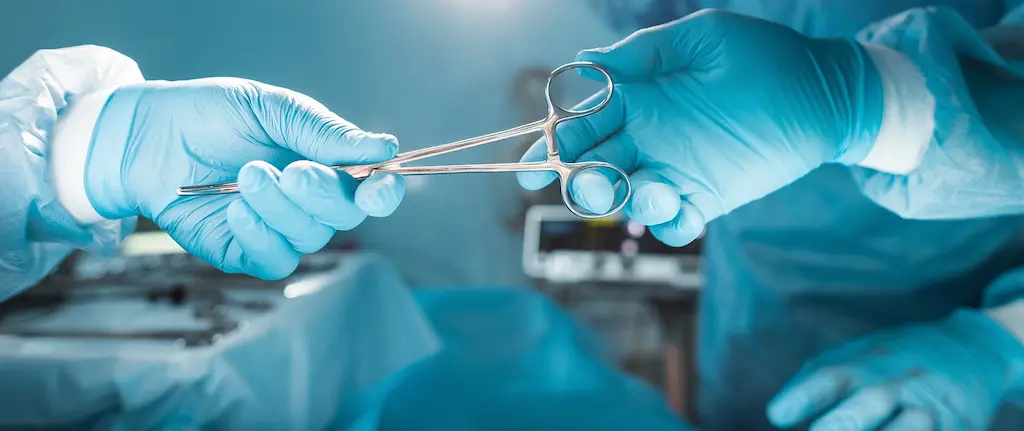Daily Responsibilities and Surgical Procedures
A cardiovascular surgical technologist (CVOR Tech) plays a critical role in life-saving heart surgeries, working alongside cardiac surgeons to ensure optimal patient outcomes. During coronary artery bypass grafting (CABG), these specialized professionals prepare and maintain the sterile field while anticipating the surgeon's needs throughout the complex procedure. They handle delicate instruments used for harvesting vessels, creating anastomoses, and managing the intricate steps of bypass surgery.
For valve replacement procedures, CVOR Techs must be proficient with specialized equipment including valve sizers, delivery systems, and suturing materials. They coordinate closely with perfusionists who operate the heart-lung machine, ensuring seamless transitions between different phases of surgery. During aortic repairs, these technologists manage sophisticated monitoring equipment and assist with graft placement, requiring extensive knowledge of vascular anatomy and surgical techniques.
Specialized Equipment and Technology
The cardiovascular operating room demands expertise with advanced technology that goes far beyond general surgery. CVOR Techs operate and maintain heart-lung machines that temporarily take over cardiac and pulmonary functions during surgery. They must understand hemodynamic monitoring systems that track blood pressure, cardiac output, and oxygen saturation in real-time.
Sternal retractors, specialized clamps, and microsurgical instruments require precise handling and immediate availability. These professionals also work with intraoperative echocardiography equipment, temporary pacing devices, and intricate suturing materials designed specifically for cardiac tissue. The complexity of this equipment demands continuous education and hands-on training that builds upon foundational surgical tech skills.
Team Coordination and Sterile Responsibilities
Maintaining sterility in cardiovascular surgery requires exceptional attention to detail, as cardiac procedures often last several hours with multiple team members entering and leaving the sterile field. CVOR Techs coordinate with perfusionists during cardiopulmonary bypass initiation and weaning, ensuring all connections are secure and monitoring parameters remain stable.
Communication with cardiac surgeons involves anticipating needs during critical moments, such as when establishing bypass or performing delicate suturing. Circulators rely on CVOR Techs to communicate supply needs and coordinate with other departments for specialized equipment or blood products. This teamwork extends to anesthesiologists who manage complex hemodynamic changes throughout surgery.
